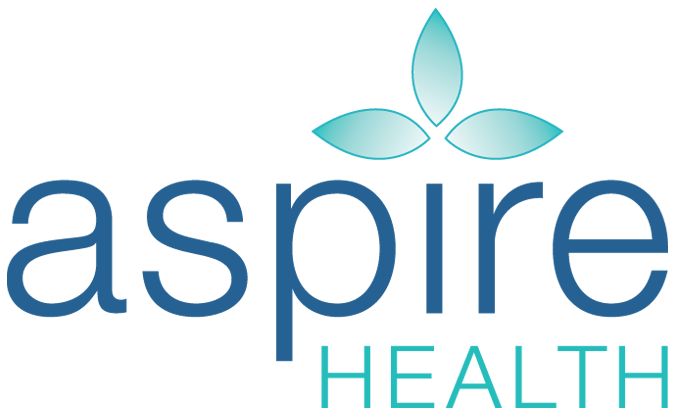Patients often tell me that they heard or read that acupuncture can improve fertility. Some patients ask how does acupuncture achieve this? This is an important question. I believe that when you understand the ‘why’, you can visualize the positive effects during the process. For first-time acupuncture patients this can also help promote relaxation and a ‘letting go’ during the treatment.
Research suggests that there are 3 potential mechanisms for acupuncture’s effects on fertility.
- Acupuncture may release neurotransmitters which may stimulate the release of GnRH (gonadotropin releasing hormone) that has an influence on the menstrual cycle and ovulation.
- Acupuncture may increase blood flow to the uterus and nourish reproductive organs.
- Acupuncture may stimulate the production of endogenous opioids (which decrease pain in the body) and may therefore inhibit the stress response.
 In Traditional Chinese Medicine (TCM), it is believed that acupuncture ‘works’ by promoting the proper flow of Qi and Blood in the body. Qi refers to the circulating Life Force or vital energy of the body. When there is stagnation or a blockage of this energy, it is believed that this creates physical ailments and disease.
In Traditional Chinese Medicine (TCM), it is believed that acupuncture ‘works’ by promoting the proper flow of Qi and Blood in the body. Qi refers to the circulating Life Force or vital energy of the body. When there is stagnation or a blockage of this energy, it is believed that this creates physical ailments and disease.
Acupuncture has addressed fertility concerns for over 2,000 years. Numerous research studies demonstrate its effectiveness in assisting with increased pregnancy outcomes. More research studies are often recommended to provide more ‘concrete’ and ‘reproducible’ results. To any TCM Doctor, this may appear difficult to prove as acupuncture protocols are meant to be individually prescribed. In this way, each patient has its own unique treatment for fertility.
In practice, I often see the benefits of treatment immediately. Patients report a feeling of calmness which is often accompanied by a more optimistic view regarding the fertility process. This is important as many women often struggle with negative self-talk. They wonder ‘why their body is failing them’ or ‘why everyone else is pregnant.’ Reducing the stress response has a positive impact on both physical and mental-emotional health.
Acupuncture has been helpful in menstrual irregularities, in PCOS patients, anovulation and in improving fertility naturally or as an adjunctive treatment to IVF.
Acupuncture is often timed to cycles so I recommend patients have a consultation ahead of their next cycle. This allows for proper timing and more successful incorporation of acupuncture. After a treatment, I usually recommend minimal physical activity. When possible, acupuncture may also be available on site at fertility clinics just prior to embryo transfers. Research suggests this may be helpful ahead of any surgical procedures.
Acupuncture is definitely worth a try if there have been unsuccessful past pregnancy attempts. Besides fertility, acupuncture is a beneficial therapy for promoting health, reducing pain and relieving stress. The goal in TCM is to create a healthy mind and body which thereby increases one’s chance for conception.
